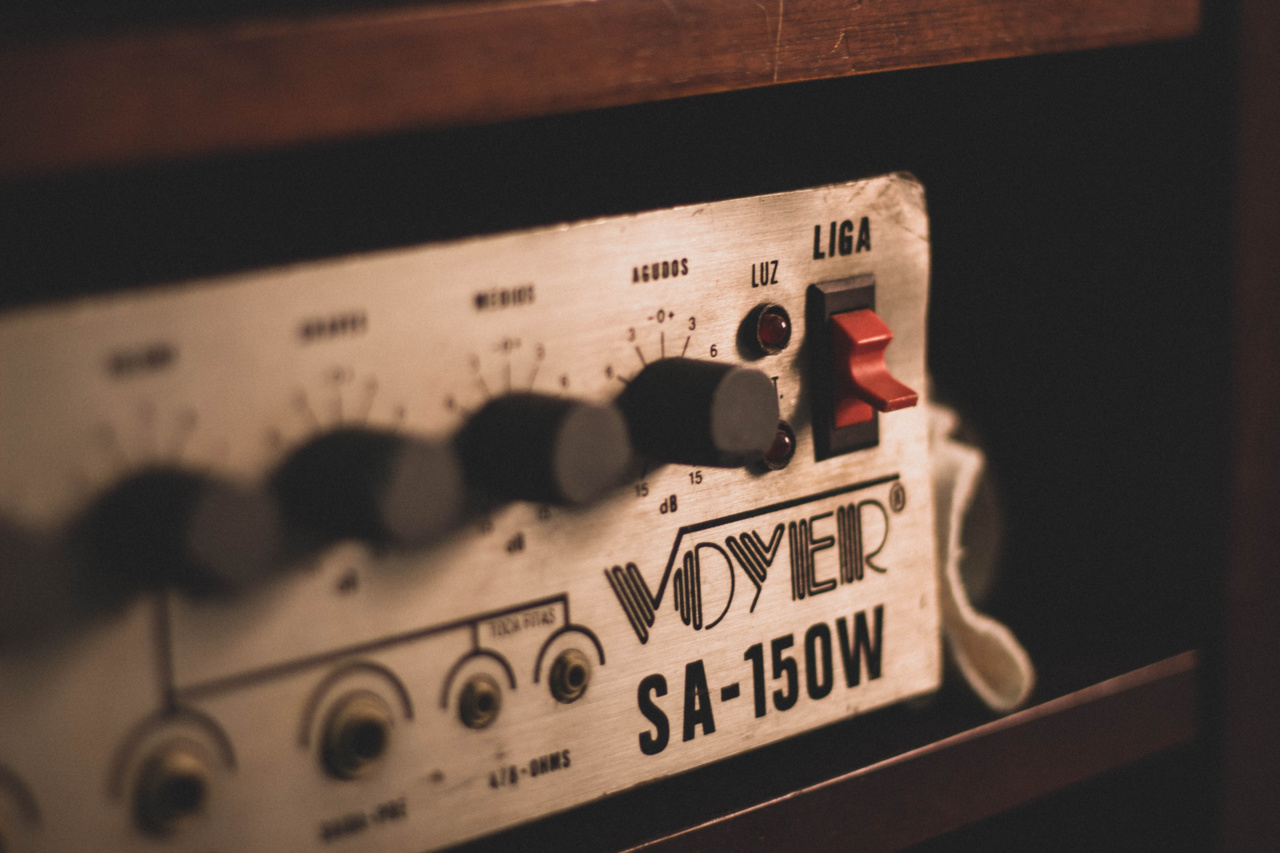Alzheimer’s disease is a devastating condition that affects millions of people worldwide. It is a progressive neurodegenerative disorder that primarily affects memory, thinking, and behavior.
As the disease progresses, individuals may struggle with everyday tasks and lose their ability to communicate effectively. However, researchers have found that music can be a powerful tool for reminiscing for Alzheimer’s patients.
The impact of music on memory
Music has a unique ability to evoke emotions and bring back memories. Even for individuals with advanced Alzheimer’s disease, music can awaken memories and emotions that have been long forgotten.
This is because music is deeply connected to our personal experiences and often associated with significant life events.
Studies have shown that when individuals listen to familiar music, it activates various regions of the brain involved in memory processing. This stimulation can help Alzheimer’s patients retrieve memories and engage in meaningful interactions.
It has been observed that individuals with Alzheimer’s who listen to music from their past may display improved cognitive function, increased socialization, and reduced agitation.
The power of familiar songs
One of the reasons why music is such a powerful tool for reminiscing is the familiarity of songs. Many Alzheimer’s patients still retain their long-term memory, even if their short-term memory is severely impaired.
Familiar songs from their youth or significant life events can transport them back in time and trigger vivid memories.
Listening to familiar songs can help Alzheimer’s patients reconnect with their past and engage in conversations about their experiences. It provides a sense of identity and can be a source of joy and comfort.
Even individuals who are non-verbal or have difficulty expressing themselves verbally may find solace and peace through listening to music.
The therapeutic benefits of music
Music therapy has been increasingly recognized as a valuable form of treatment for individuals with Alzheimer’s disease.
Trained music therapists use different techniques to engage patients with music, including singing, playing instruments, and moving to the rhythm. These activities stimulate multiple brain areas and can have a profound impact on overall well-being.
Music therapy sessions for Alzheimer’s patients often involve group settings, allowing individuals to connect with others through shared musical experiences.
This social interaction can alleviate feelings of loneliness and isolation commonly associated with the disease. In addition, music therapy has been shown to reduce levels of anxiety and depression, improve sleep quality, and enhance overall mood.
Creating personalized playlists
To maximize the benefits of music for Alzheimer’s patients, it is essential to create personalized playlists tailored to each individual’s preferences and past experiences.
Caregivers and family members can work together to identify the songs that hold special meaning for their loved ones. This can include songs from their teenage years, their wedding song, or music associated with important life events.
The process of creating personalized playlists can be an opportunity for families to bond and reminisce together.
It allows them to share stories and memories while selecting the songs that will evoke positive emotions and spark connections in their loved ones with Alzheimer’s.
Incorporating music into daily routines
Integrating music into daily routines can help individuals with Alzheimer’s experience its benefits consistently.
Playing calming instrumental music during mealtimes or using familiar songs as cues for specific activities, such as getting dressed or bathing, can create a soothing and structured environment.
In addition, caregivers can encourage loved ones to participate in music-related activities such as singing along, clapping, or playing simple instruments.
These activities foster engagement, promote emotional expression, and provide opportunities for meaningful interactions.
Rekindling connections through music
Music has the remarkable ability to reach individuals with Alzheimer’s on an emotional level, even when other forms of communication may fail. It has the power to spark memories, elicit emotions, and ignite connections that may seem lost.
Whether through singing, dancing, or simply listening, music can engage Alzheimer’s patients and awaken their spirits. It allows them to express themselves, communicate with others, and connect with their past in profound ways.
The future of music therapy for Alzheimer’s
As our understanding of Alzheimer’s disease and the therapeutic effects of music continues to evolve, the role of music therapy in Alzheimer’s care is expected to expand.
Ongoing research aims to delve deeper into the mechanisms behind music’s impact on memory and cognition, paving the way for more targeted interventions and personalized playlists.
Moreover, advancements in technology have introduced music streaming platforms and portable devices that make it easier than ever to access a vast library of music.
These tools enable caregivers to provide tailored music experiences for their loved ones, enhancing their well-being and quality of life.
Conclusion
Music is a powerful tool for reminiscing for Alzheimer’s patients. Its ability to stimulate the brain, evoke memories, and foster emotional connections makes it an invaluable resource in the care of individuals with the disease.
Whether through formal music therapy sessions or incorporating music into daily routines, caregivers and family members can harness the therapeutic benefits of music to enhance the well-being of their loved ones with Alzheimer’s disease.


























